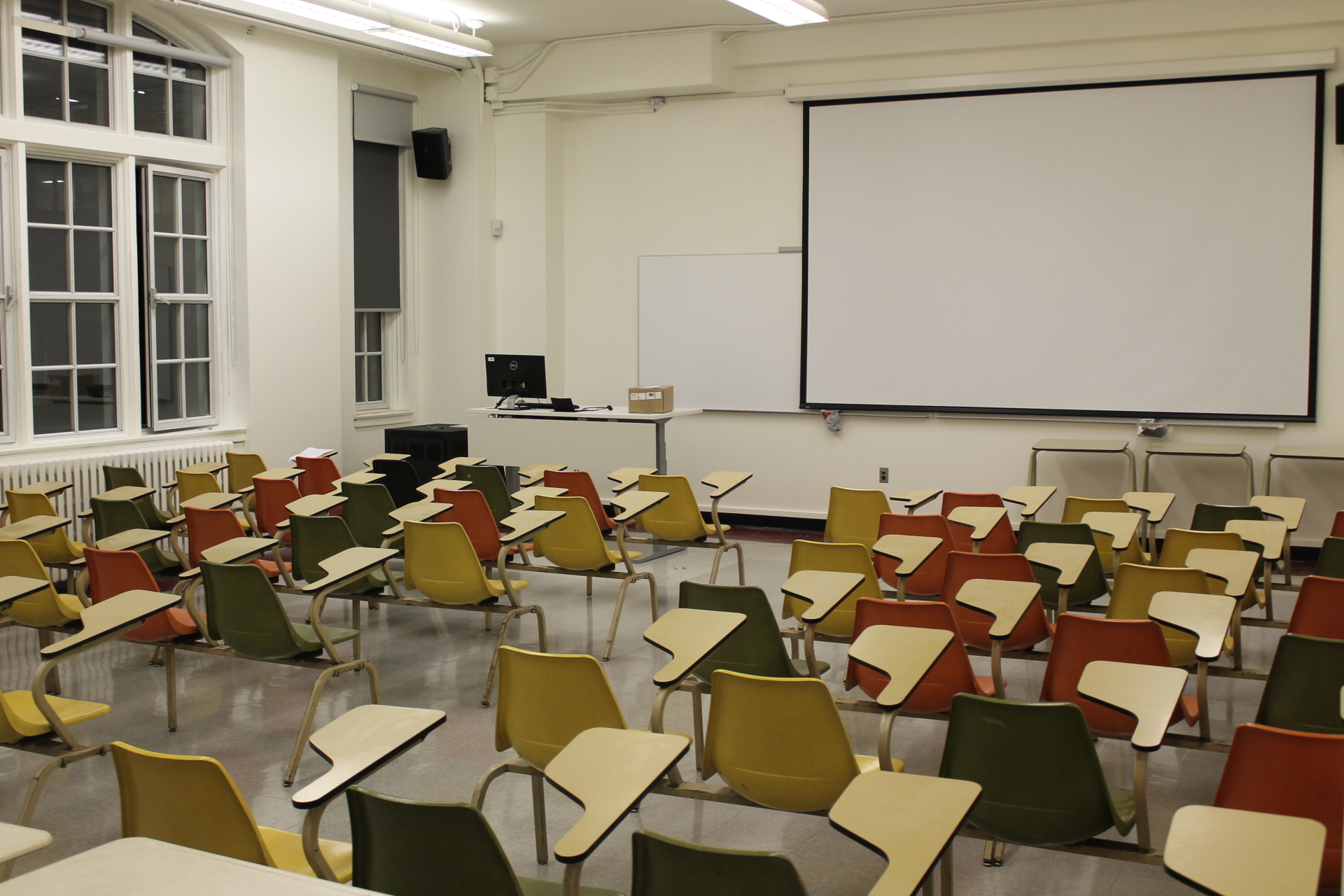History majors need not be historians
Regardless of whether you are coming or going, university can leave you reeling from the dread of what is about to come. This was a realization I had only after graduation.

In the months leading up to our final semester, a spokesperson from the Guelph history grad program came in to one of our seminars. In an attempt to rally the troops, he recounted his experiences after convocation. “Once I finished my undergrad I waited to be hit by this big euphoric wave of relief that I had finally completed my life as a student… but it never came,” he said.
After high school I did what I think many recent secondary school grads do—move on to completing life’s next moral obligation: getting a university degree.
When picking a school and program I was armed with little more knowledge than the fact that university would be much harder than high school. I believed it was a place where ruthless professors took no personal interest in you and wanted nothing more than to ruthlessly enforce deadlines. So, with no clue as to what direction I was supposed to take, I simply chose a degree that interested me: history.
Concerns about future job prospects or grad school didn’t even cross my mind at the time. After all, if I stayed in Ontario there was always one-year Teacher’s College, right?
Before I knew it, all my possessions were packed and I relocated to what would be my new home for the majority of the five-year-period in which I would complete my undergraduate degree.
The next thing I knew, my time at university was drawing to a close. As I struggled to finish final assignments, I also grappled with the long-time coming and often-deflected question of what’s next?
As part of this process I began looking at the skills I had gathered and how I could apply them to something beyond teaching disinterested teenagers about historical events. What had I actually learned as a history major? The task of turning a random degree into something I could make a living out of—and hopefully squeeze some happiness from—seemed impossible.
Beyond gleaning facts from wordy articles and regurgitating that information in essays or discussions, I didn’t think I had much to show after four and a half years of higher education. Lacking any practical skills that could be applied in today’s highly specialized and technological job market, I felt extremely discouraged.
Unlike my friends who had studied computer sciences, or gotten degrees in chemistry, biology, or physics, I had very few hands-on skills. We did not spend time in a lab measuring tiny amounts of chemicals. We did not shoot lasers through prisms, learn to code applications, or anything else that translated directly into a career.
Or so I thought…
Things seemed so bad I hardly bothered browsing for graduate programs that looked interesting. Basically, I expected to graduate and to start working some dead-end job totally unrelated to what I studied in university.
Once I got over feeling dumb for my program choice and lack of enjoyable job prospects, I actually started to see some potential in my education. There were tons of skills that I had acquired while studying history and writing essays. Skills like critical thinking, problem solving, and time management now are second nature. Not to mention the ability to research practically any topic thrown my way, with little or no background knowledge.
I may never work as a historian handling ancient artifacts or uncovering the secrets of the past, but the entire experience of completing my degree, taken as a whole, and the influences of like-minded people I met on the way have prepared me for the job market.
Since graduating I have moved on to a graduate diploma in journalism at Concordia. Without even thinking about it I put to use several of the tools I picked up during my studies in history every day. Maybe that euphoric wave of relief will never come to relieve me of my desire for continued learning. But perhaps that is not the worst thing.




